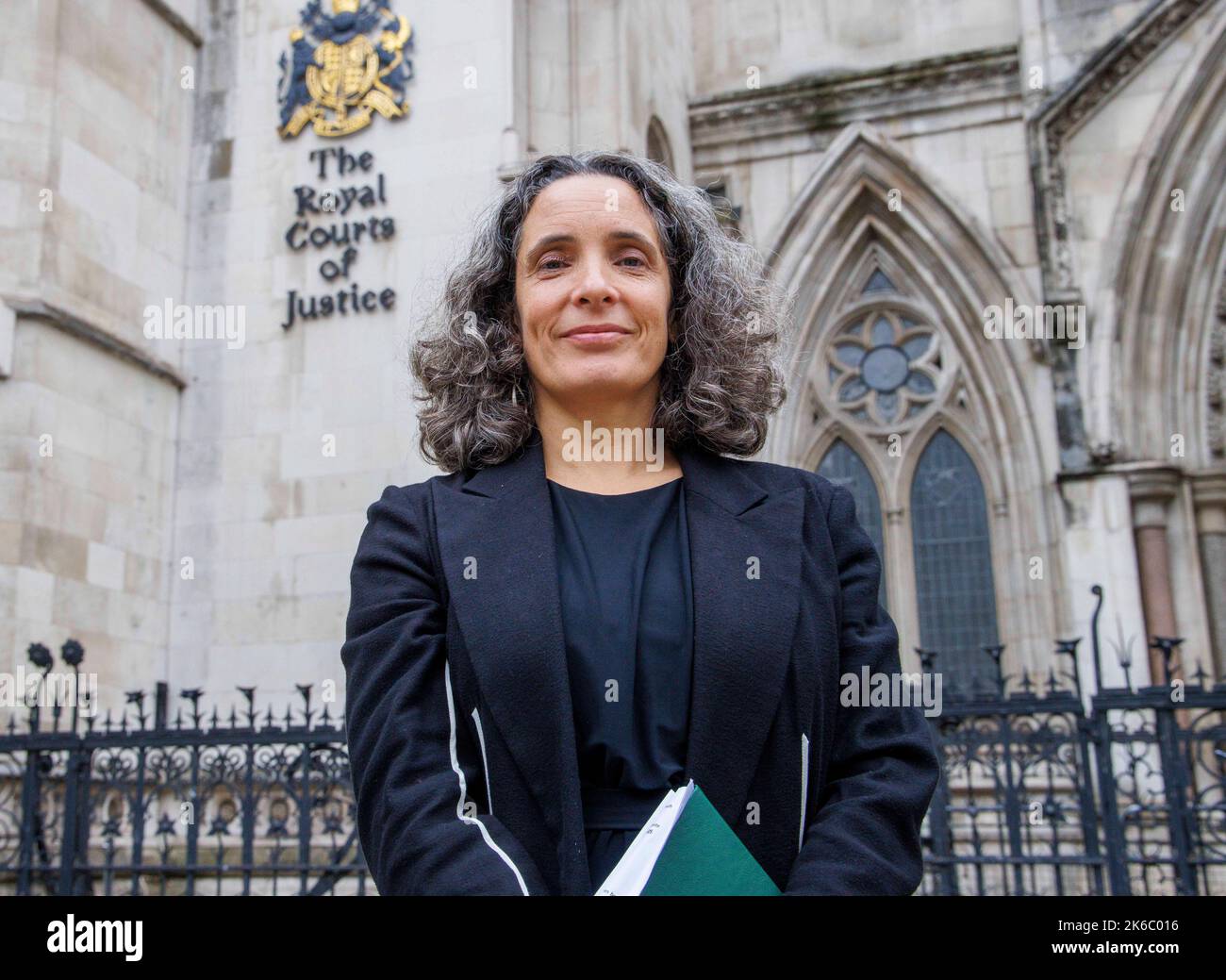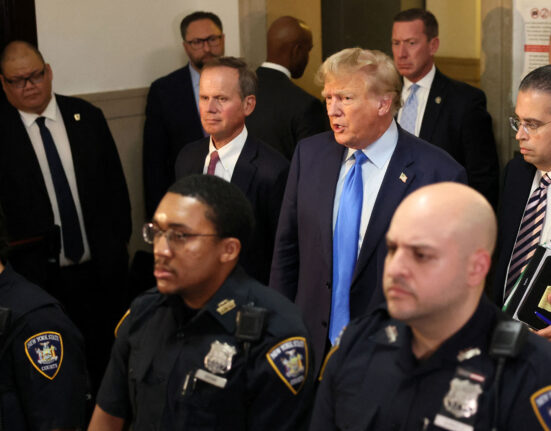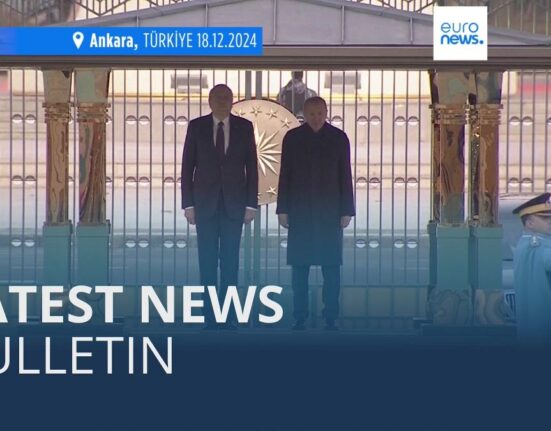Since 2001, a contentious issue has been brewing in the Irish political landscape. It all revolves around the presence of ‘super junior ministers’ at cabinet meetings and how this may have impacted every government decision made in the last three decades.
Sinn Féin’s Pa Daly has taken a bold step by challenging these appointments in court, arguing that having four Ministers of State attending government meetings alongside the regular cabinet members could be unconstitutional. The crux of the matter lies in whether these ‘super junior ministers’ should be considered part of the official cabinet or not.
Feichín McDonagh, SC, representing Daly, emphasized during his opening statement that there is no clear legal definition outlining the role of these ‘super junior ministers’. This lack of clarity raises questions about whether their inclusion in crucial decision-making processes adheres to the constitutional limit of 15 members in the cabinet.
McDonagh pointed out that while Article 4.2 of the constitution mandates the government to function as a collective authority, any involvement of additional members beyond the stipulated 15 could potentially undermine the legitimacy and authority of governmental decisions. He argued that if these super junior ministers have been actively participating in decision-making since their appointment in 2001, it casts doubt on the legality and constitutionality of all governmental decisions made during this period.
“You can’t unscramble that egg,”
remarked McDonagh, highlighting the complexity and implications surrounding this long-standing practice. The potential ramifications extend beyond mere procedural matters; they strike at the core of governance and accountability within Ireland’s political framework.
Furthermore, issues related to confidentiality and transparency have also come to light. As per constitutional obligations, cabinet discussions are meant to be conducted behind closed doors to safeguard sensitive information. However, with super junior ministers present at these private sessions, concerns have been raised regarding breaches of confidentiality and protocol.
The debate over whether super junior ministers should be classified as full-fledged government members intensifies when considering former Taoiseach Leo Varadkar’s apparent confusion on this matter. His public statements earlier this year underscored a general lack of clarity regarding the distinct roles and responsibilities assigned to these officials compared to traditional ministers.
In response to Daly’s challenge, Attorney General Rossa Fanning defended the existing governmental practices by asserting compliance with Article 28.1 concerning ministerial appointments. Fanning maintained that only those individuals appointed by the President and officially recognized as government members fall within constitutional boundaries.
The crux of this legal battle hinges on interpreting constitutional provisions amidst evolving political landscapes and administrative structures. While one side argues for strict adherence to established norms and limits on governmental powers, opposing views emphasize flexibility and adaptability within governance frameworks.
As stakeholders navigate through intricate legal arguments and historical precedents, broader questions emerge regarding institutional integrity, democratic principles, and checks-and-balances mechanisms essential for robust governance systems.
The outcome of Pa Daly’s case against what he perceives as unconstitutional governmental practices will not only shape future decision-making processes but also set a precedent for upholding constitutional values amid evolving political dynamics.









Leave feedback about this